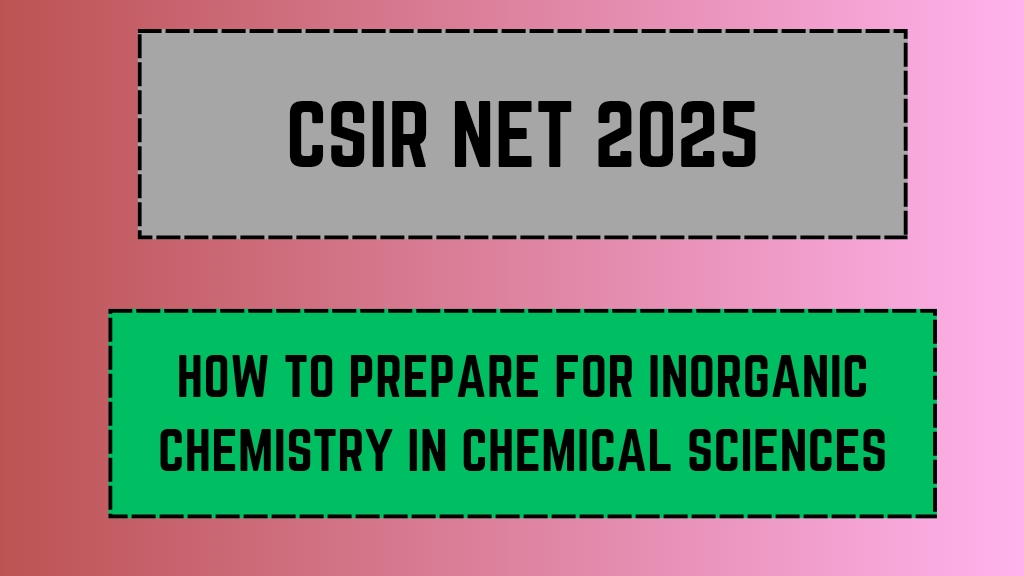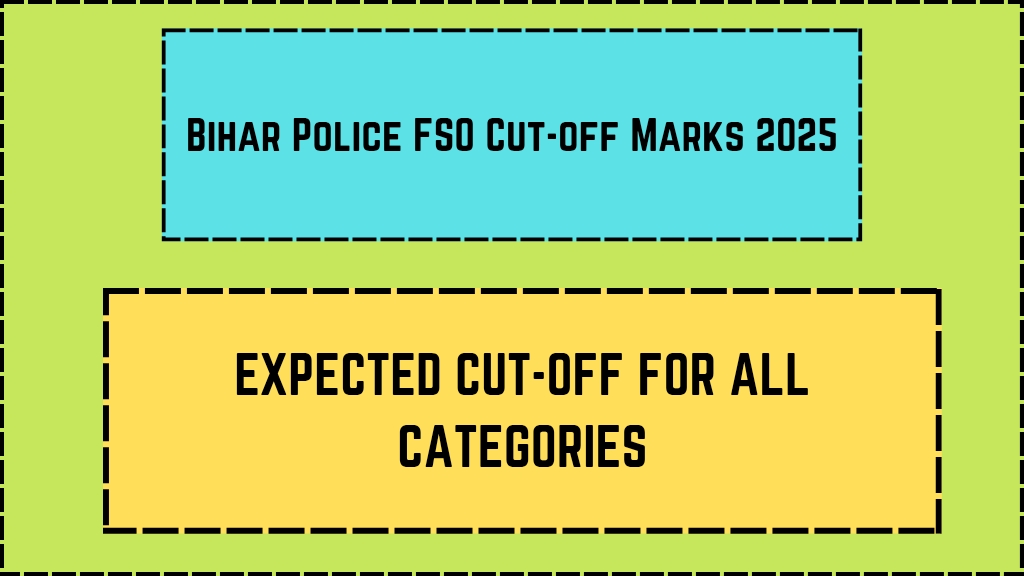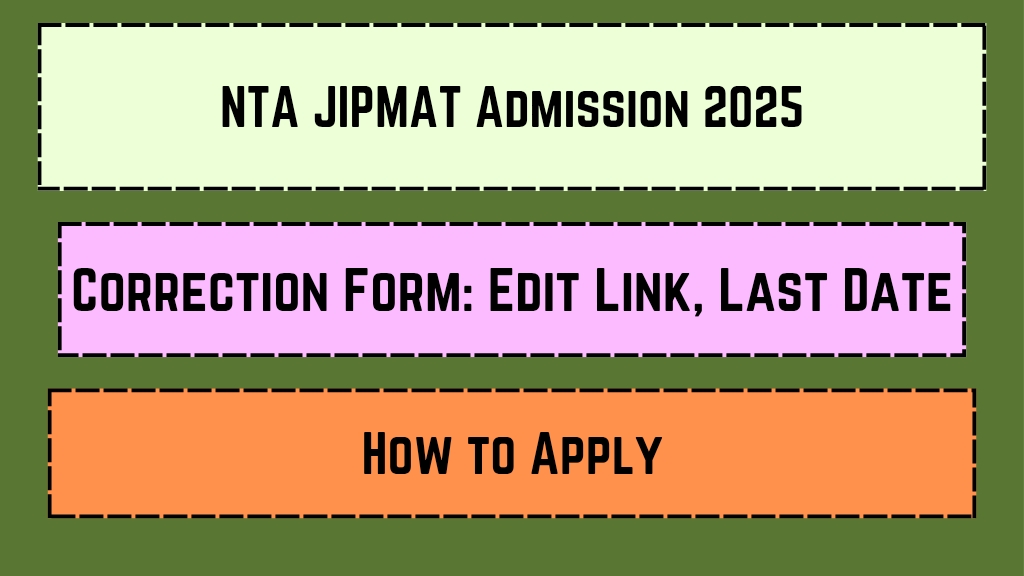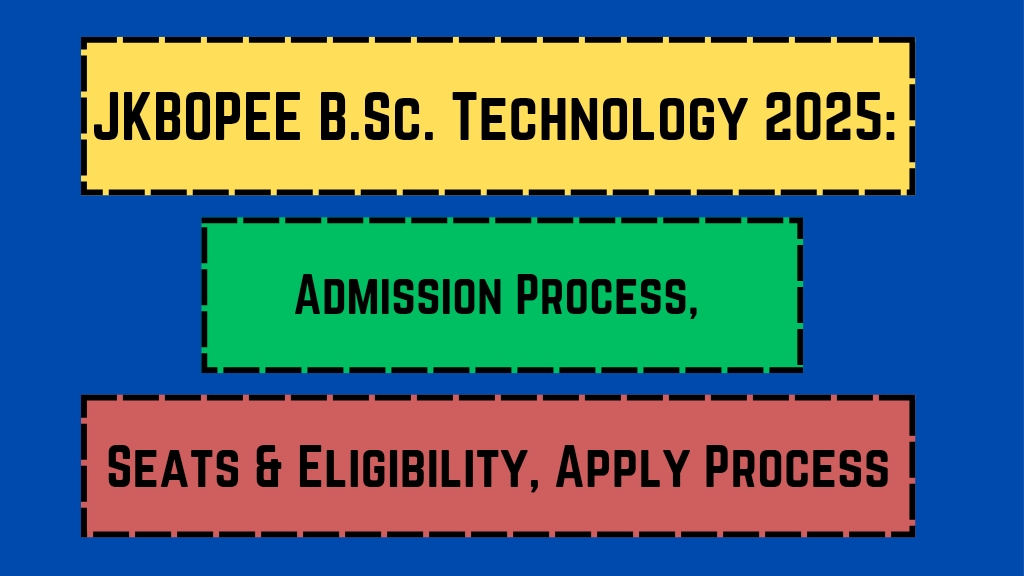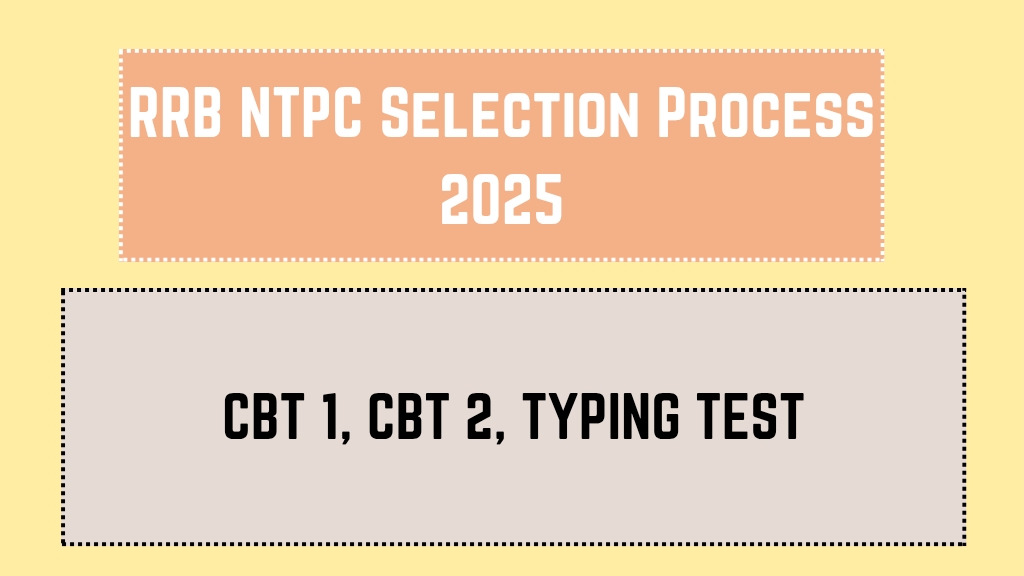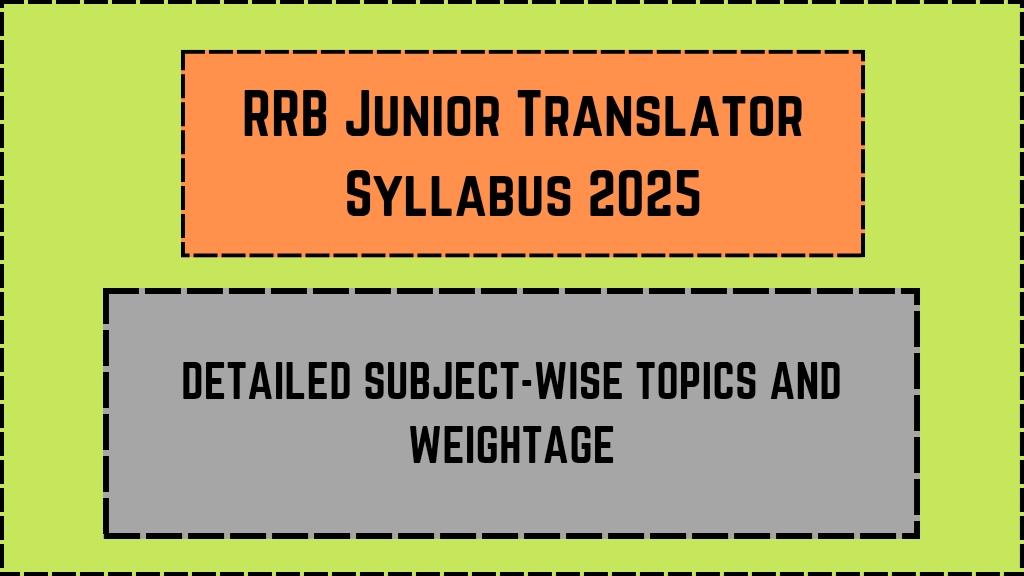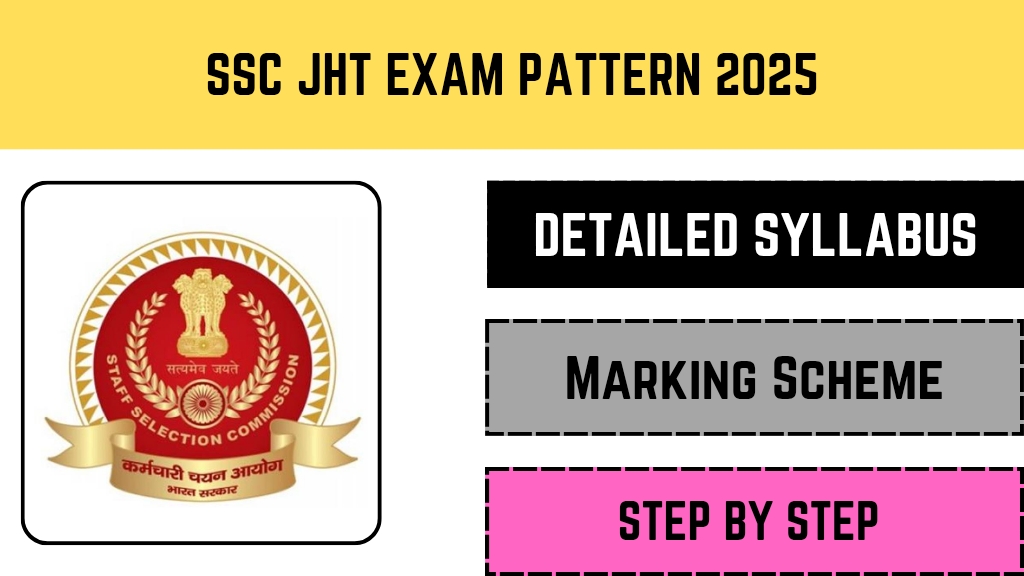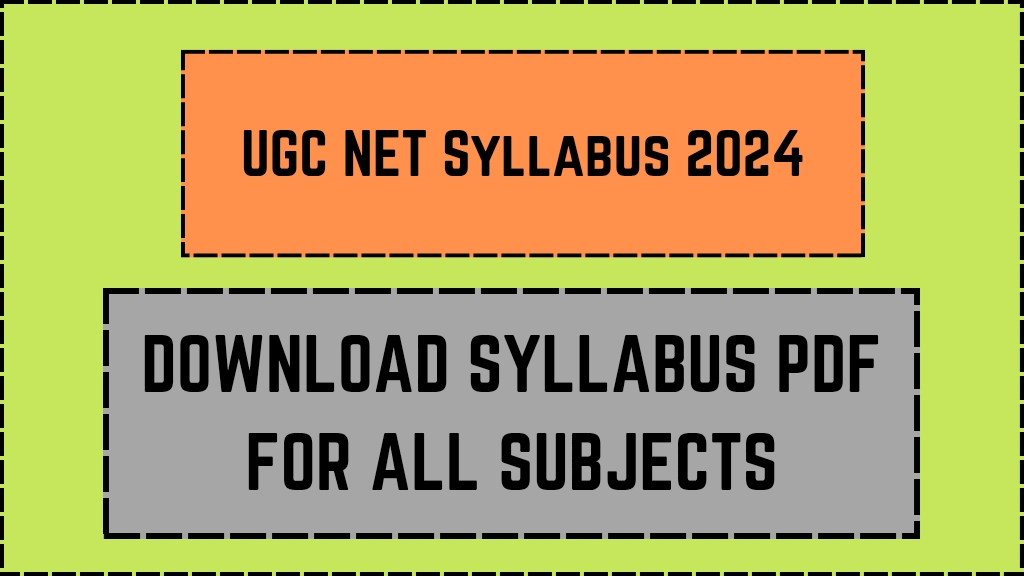The CSIR NET (Council of Scientific and Industrial Research National Eligibility Test) is one of the most prestigious exams for aspiring researchers and lecturers in India. For candidates opting for Chemical Sciences, Inorganic Chemistry is a crucial subject that demands a strategic approach. With the right preparation plan, you can master this section and boost your overall score. This article will guide you through effective strategies, key topics, and resources to ace Inorganic Chemistry in CSIR NET 2025. Let’s dive in! �
Key Highlights 📌
| Point | Details |
|---|---|
| Organization Name | CSIR (Council of Scientific and Industrial Research) |
| Exam Name | CSIR NET (National Eligibility Test) |
| Subject | Chemical Sciences |
| Key Topic | Inorganic Chemistry |
| Exam Mode | Computer-Based Test (CBT) |
| Last Date | To be announced (Stay updated on the official website) |
| Vacancy | Varies yearly (Check official notification) |
| Preparation Focus | Conceptual clarity, periodic trends, and reaction mechanisms |
| Official Website | csirnet.nta.nic.in |
Why Inorganic Chemistry is Important for CSIR NET 🧪
Inorganic Chemistry is a significant part of the Chemical Sciences syllabus in CSIR NET. It covers a wide range of topics, from periodic table trends to coordination chemistry. Scoring well in this section can significantly improve your rank. Moreover, questions from this section are often straightforward if you have a clear understanding of the concepts.
Key Topics to Focus On 📚
To excel in Inorganic Chemistry, you need to prioritize the following topics:
1. Periodic Table and Periodic Properties
Understanding the trends in atomic size, ionization energy, and electronegativity is crucial. Focus on exceptions and their reasons.
2. Chemical Bonding and Molecular Structure
Master concepts like VSEPR theory, hybridization, and molecular orbital theory. Practice drawing structures and predicting shapes.
3. Coordination Chemistry
Learn about Werner’s theory, crystal field theory, and isomerism in coordination compounds. Practice numericals related to CFSE (Crystal Field Stabilization Energy).
4. Main Group Elements
Study the properties, reactions, and applications of s-block and p-block elements. Pay special attention to boron, carbon, and nitrogen families.
5. Transition Metals and Lanthanides/Actinides
Focus on their electronic configurations, oxidation states, and catalytic properties. Understand the color and magnetic behavior of complexes.
Preparation Strategy for Inorganic Chemistry 🗓
Here’s a step-by-step plan to prepare effectively:
1. Understand the Syllabus
Start by thoroughly reviewing the CSIR NET syllabus for Inorganic Chemistry. This will help you identify high-weightage topics.
2. Create a Study Schedule
Allocate specific time slots for each topic. Ensure you dedicate more time to challenging areas like coordination chemistry.
3. Use Quality Study Materials
Refer to standard books like “Concise Inorganic Chemistry” by J.D. Lee and “Inorganic Chemistry” by Shriver and Atkins. These books provide in-depth explanations and practice questions.
4. Practice Previous Year Papers
Solving past papers will help you understand the exam pattern and identify frequently asked questions.
5. Revise Regularly
Inorganic Chemistry involves memorizing facts and trends. Regular revision is key to retaining information.
Recommended Books and Resources 📖
Here’s a table of the best resources for Inorganic Chemistry preparation:
| Resource | Details |
|---|---|
| Concise Inorganic Chemistry | By J.D. Lee (Covers all basics and advanced topics) |
| Inorganic Chemistry | By Shriver and Atkins (Detailed explanations of concepts) |
| CSIR NET Previous Year Papers | Available on the official website and coaching portals |
| Online Video Lectures | Platforms like Unacademy and YouTube (For visual learners) |
Common Mistakes to Avoid ❌
Many candidates make these errors while preparing for Inorganic Chemistry:
- Ignoring NCERT Books: NCERT books are a goldmine for basic concepts. Don’t skip them.
- Overlooking Diagrams and Structures: Practice drawing molecular structures and diagrams.
- Memorizing Without Understanding: Focus on understanding the logic behind trends and reactions.
Tips for Last-Minute Revision 🚀
As the exam approaches, follow these tips:
- Focus on High-Weightage Topics: Prioritize coordination chemistry and periodic properties.
- Use Flashcards: Create flashcards for quick revision of reactions and trends.
- Take Mock Tests: Simulate exam conditions to improve time management.
